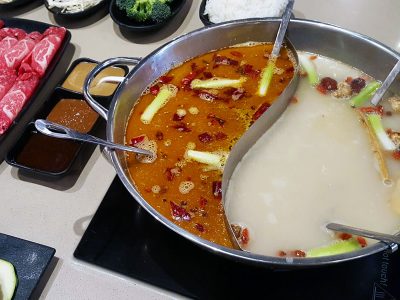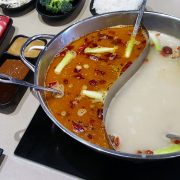Navigating busy routes can be challenging, but with the right strategies, you can make your commute more efficient and less stressful. Plan ahead and leave early. Utilize public transportation when possible. Make use of alternative routes when possible. Pack a light snack or lunch. Make sure to get enough rest the night before.
- Understand traffic patterns
The first step to efficient travel is understanding the traffic patterns in your area. Pay attention to the busiest times of day, the routes that tend to get congested, and any construction or events that may impact traffic flow.
- Plan your route ahead of time
Take a few minutes to plan your route. Use traffic apps or maps to identify your destination’s fastest or least congested routes. Consider alternative routes and be prepared to adjust your plan if necessary.
- Adjust your departure time
Try to adjust your departure time to avoid peak traffic hours. This may mean leaving a little earlier or later than your usual schedule. Drivers heading into often encounter delays at the busy Woodlands Checkpoint, making efficient travel planning a necessity for commuters.
- Use traffic updates and real – Time information
Staying informed about the current traffic conditions can be a game-changer. Use traffic apps, radio updates, or variable message signs to keep up-to-date on delays or incidents along your route. As a result, you will be able to make informed decisions about when to leave, what route to take, and whether to consider alternative modes of transportation when you decide to travel.
- Consider alternative modes of transport
If driving isn’t the best option, explore alternative modes of transportation. Depending on your location and the availability of public transit, you can take a bus, train, or subway. Joining or using a carpool or ridesharing service can also reduce the number of vehicles on the roads and make your commute more efficient.
- Maintain your vehicle
A well-maintained vehicle can contribute to more efficient travel. Ensure your tyres are properly inflated, your engine is running smoothly, and your brakes are in good condition. Regular maintenance can improve your vehicle’s fuel efficiency and prevent breakdowns, which could cause you to miss important work deadlines.
- Practice defensive driving
When navigating busy routes, it’s essential to practice defensive driving. Driving cautiously and courteously will reduce the risk of accidents and keep traffic flowing. The more aware you are of your surroundings, the better you’ll be at anticipating the actions of other drivers, and the safer you’ll maintain a following distance.
- Avoid distractions
Distracted driving can significantly impact your ability to navigate busy routes efficiently. Avoid using your phone, adjusting the radio, or engaging in any other activity that might distract you from driving. Staying focused on the road will make you less likely to encounter unexpected situations.
Finally, it’s important to remember that traffic can be unpredictable, and even the best-laid plans may only sometimes work out as expected. Take deep breaths, keep calm, and be prepared to adjust your route or schedule as needed. Managing busy roads can be challenging, but understanding traffic patterns, planning, and using the right strategies can make getting to and from your destination more efficient and less stressful. You will be on your way to making smoother travels if you stay informed, act defensively, and maintain a positive attitude.












Comments